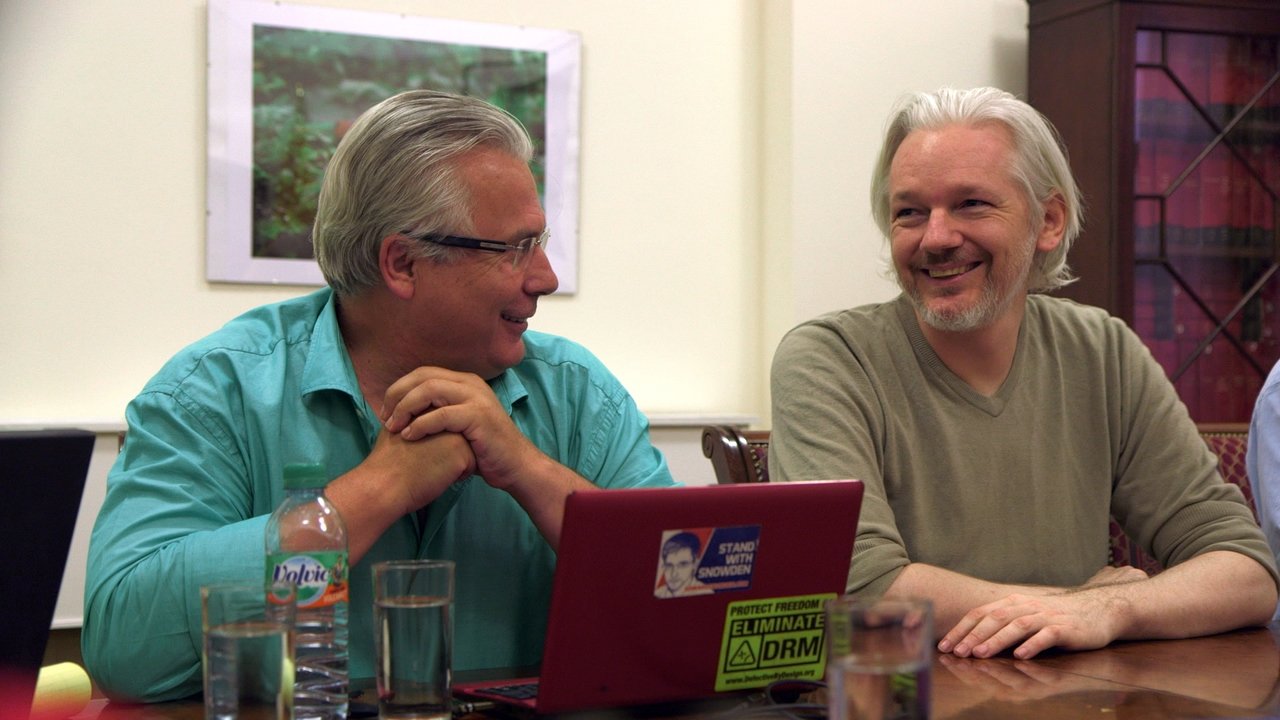
Hacking Justice (2017)
Since he took on the case in 2012, defending Julian Assange has put judge Baltasar Garzón's talent and ability to the test. They've won a few battles, but nobody knows how the war will end.

Since he took on the case in 2012, defending Julian Assange has put judge Baltasar Garzón's talent and ability to the test. They've won a few battles, but nobody knows how the war will end.
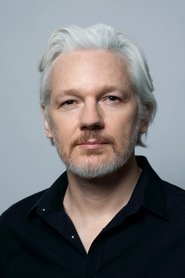 Julian AssangeSelf
Julian AssangeSelf
What threads of history bind Manhattan's Ground Zero to those of Nagasaki and Hiroshima? Or connect sight to truth, games to war, or the silkworm to the drone? What does the United States hold to be the role of science in warfare? How has war historically been waged in Buddhist traditions? These are some of the topics addressed in Eyewar: 80 minutes of found footage which traces the development of the digital image from the maps of the second century to the screens of the twenty-first, and the uses of the field of cybernetics from Japan in the 1940s to Chile in the 1970s and Iraq in the 1990s.
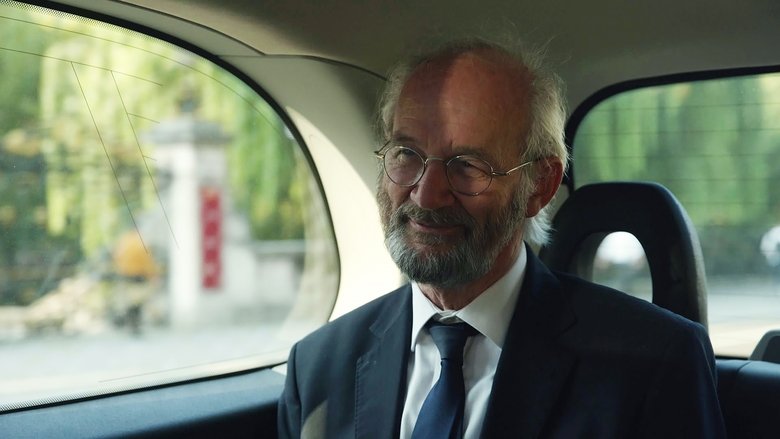
The campaign to free Julian Assange takes on intimate dimensions in this documentary portrait of an elderly man’s fight to save his son. Arguably the world’s most famous political prisoner, WikiLeaks founder Julian Assange is a figure pretty much everybody has an opinion about; perhaps more importantly, he serves as the emblem of an international arm wrestle over freedom of journalism, government corruption and unpunished war crimes. For his family members who face the prospect of losing him forever to the abyss of the US justice system, however, this David-and-Goliath struggle is personal – and, with his health declining in a British maximum-security prison and American government prosecutors pulling out all the stops to extradite him, the clock is ticking.
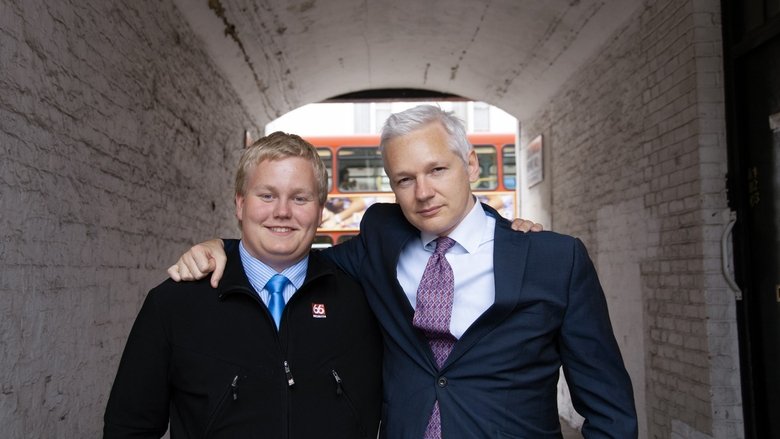
Sigurdur Thordarson, known as Siggi, becomes a hacker at 12, exposing Icelandic bank corruption at 14. Branded the "teenage whistleblower," he joins WikiLeaks in 2010, mentored by Julian Assange. Siggi leaks globally, but clashes with Assange, prompting him to spy for the FBI at 18. This tale weaves paranoia, hacking, and friendship, portraying Siggi's turbulent journey from trust to betrayal, revealing a heart-wrenching coming-of-age narrative.

The film tells the story of the rise and fall of Julian Assange. Once a celebrated publicist and over the years decried as an eccentric, spy and rapist. The documentary shows a differentiated picture of Julian Assange and Wikileaks. For the first time in German television Assange’s fiancée gives an interview. Further interviews, amongst others, with former CIA-director Leon Panetta, Edward Snowden and John Shipton.
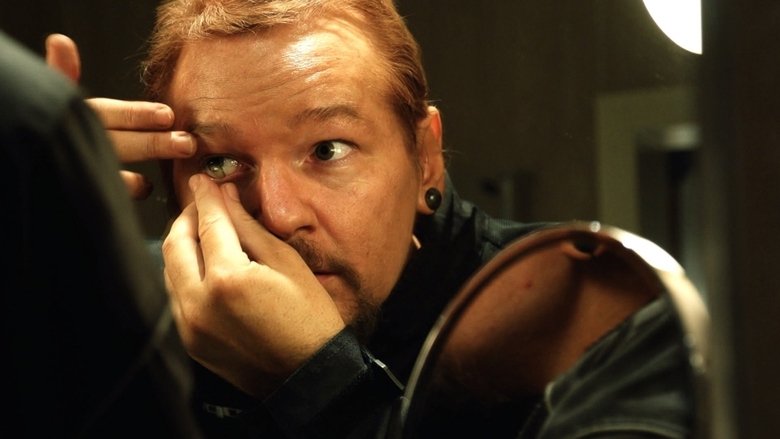
Capturing the story of WikiLeaks founder Julian Assange with unprecedented access, director Laura Poitras finds herself caught between the motives and contradictions of Assange and his inner circle in a documentary portrait of power, betrayal, truth and sacrifice.
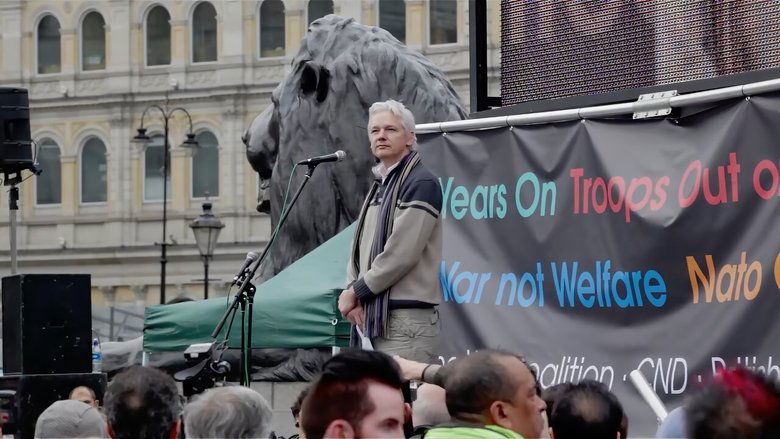
Examining the meaning and significance of the insights that WikiLeaks shared with the world, the resulting behaviour of the governments involved, the extraordinary personal risk taken by Assange, and the wider fundamental issues around press freedom that affect all of us and our right to know.
In school, 9-year old Julian gets into trouble for squealing a bully and therefore disturbing class.
Ali is not a citizen. He drives a taxi using another man’s license and relies on the GPS to negotiate his way around a city he doesn’t know. His passenger, Esther is an old woman who can’t remember where she is going. She is angry because she has been stripped of everything that is familiar to her and she doesn't recognise the world anymore. They travel through the night in search of a vague destination while surveillance cameras mark their journey, coldly omitting the human element, defining who belongs and who does not, who is safe and who is not. What they have in common is their damage – she can’t remember and he can’t forget.
A documentary by Ronny Svensson and Markus Stromqvist on the making of Bo Widerberg's 1976 movie Man on the Roof, featuring extensive interviews with cast and crew
This revealing program shows that the search for the Celtic Gods of Britain is an extremely difficult task. Their origins are shrouded in mystery, but they are kept alive in a series of enduring stories. This program presents many of these stories, which have been passed down from generation to generation.
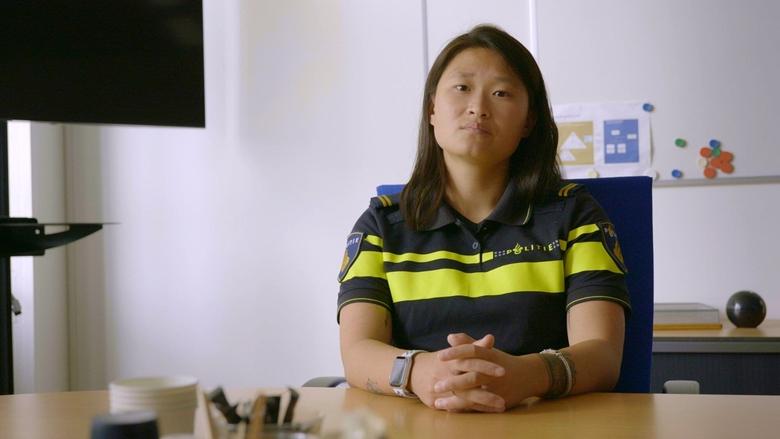
In 2022, 92% of those affected encountered aggression or violence. Frans Bromet portrays six influences who encounter violence while carrying out their work. The violence with which the actual consequences are, leaves personal physical, especially mental, traces.
Miu Kam-fung, who plays the film’s titular character, addresses her identity as housewife and actress in Patrick Tam’s commentary on the dangers of rampant consumerism, seen as a defining moment for contemporary Hong Kong. In its studied references to Godard, Tam’s work buzzes with modern life—supermarkets, billboards, television—and juxtaposes these references with questions about marital infidelity, middle-class morality, and even political sentiment.
HBO First Look's episode on The Phantom
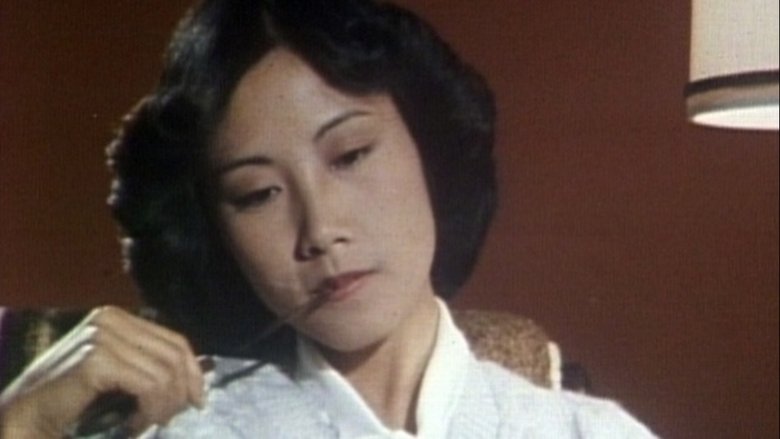
In the last episode of Patrick Tam’s anthology series “Seven Women” (1976), Lisa (Lisa Wang) suffers from "environmental depression" and those around her treat her like a lunatic. Joyce deploys a creative mix of dialogue and monologue to illustrate Lisa's complicated personality. She might act like any normal obedient daughter around her parents, yet other times she reveals her overly sensitive and suspicious mind as her moods run the gamut from poetic to violent. The villa where Lisa is sent to heal becomes a tumultuous battleground when a young doctor who has his own psychological hang-ups begins treating her and a conflict of egos is ignited.
Whore Revolution is led by members of the organizations OMESPRO La Paz and OMESPRO Santa Cruz; These become builders of a story that makes use of a symbolic lever to transfer the central discussions of the whore universe to a political and poetic space. The film is structured in four parts with their own entity, which together make up a piece that has the vocation and versatility to invade all types of spaces—except virtual ones. María Galindo turns the camera and questions the viewer: "Without money and without work... I want to see you in my place."
The first episode of Patrick Tam’s anthology series “Seven Women” (1976)
The third episode of Patrick Tam’s anthology series “Seven Women” (1976), with three short stories combined.
Argentina 2017. Six intertwined stories. The pension reform advances in the National Congress. TV broadcasts the conflict. Lucrecia discusses with her boss what to report. Meanwhile, in a community kitchen, Rebeca calls for a march to defend her rights.
During the 1950s, 60s and 70s, the US military and the CIA launched large-scale illegal medical and military experimentation programmes on not always willing citizens... At the same time as the US was spearheading the Nuremberg trial of a similar Nazi experimental apparatus. Psychic submission, mental manipulation, brainwashing, irradiation, administration of toxic substances administered to guinea pigs recruited from among America's underprivileged, prisoners, the sick and orphans. The aim of the manoeuvre: to refine the techniques of psychological warfare, anti-atomic defence, interrogation... and to manufacture a human machine ready to kill. President Clinton made a public apology in 1995, acknowledging the existence of these secret programmes following a resounding commission of enquiry.